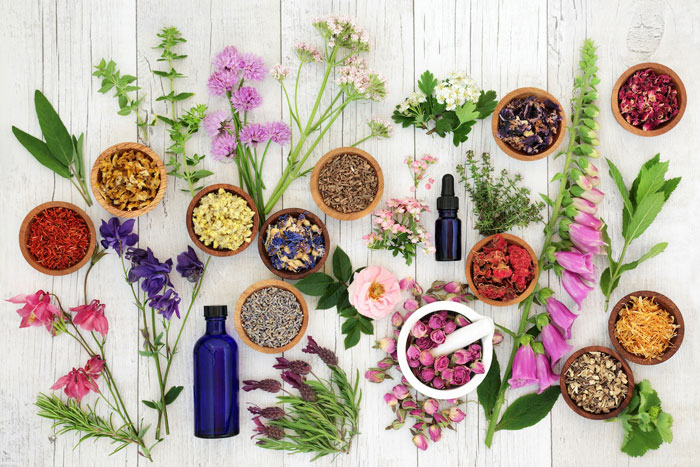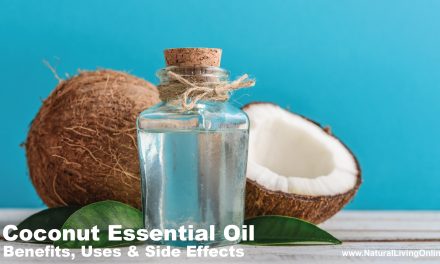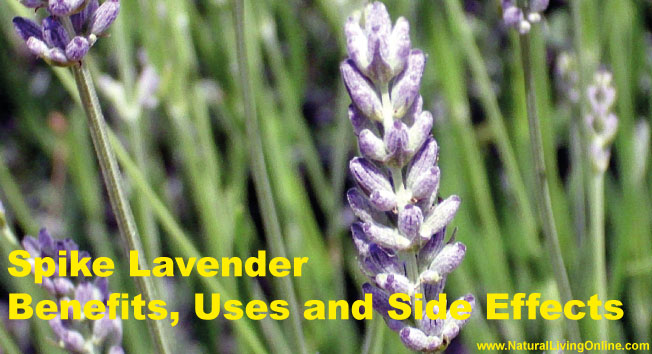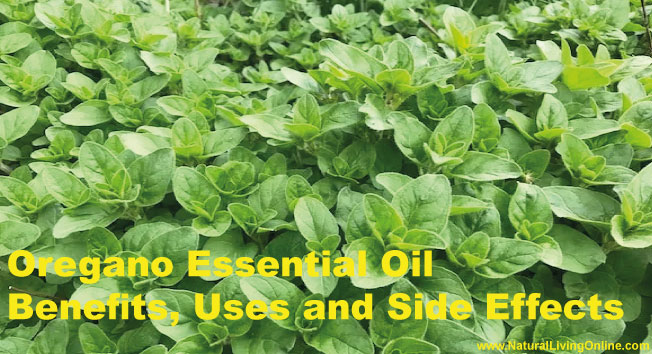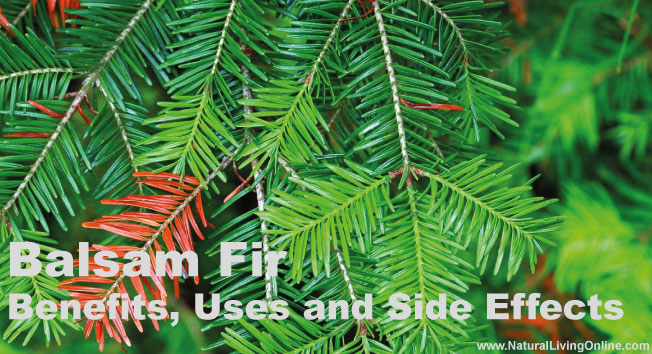It’s no secret that we live in a stressful world. The economy is volatile, there are wars raging all over the globe, and technology has made it possible to be constantly connected with work even when you’re on vacation. Sometimes, you just need some stress relief. Luckily, essential oils can help! In this article we will discuss 10 essential oils recipes for stress that can improve your life and give you a sense of peace and calm despite all the chaos going on around us.

Lavender
Lavender oil has proven to be an effective way to reduce stress and anxiety. It helps to calm the mind and body, which can help improve overall well-being. In addition, lavender oil has a soothing aroma that can help to improve mood.
If you are looking for a natural way to reduce stress and anxiety, lavender oil may be a good option for you. It is easy to use and can be added to various products, such as lotions, candles, and soaps. Additionally, lavender oil is safe to use with children and pets.
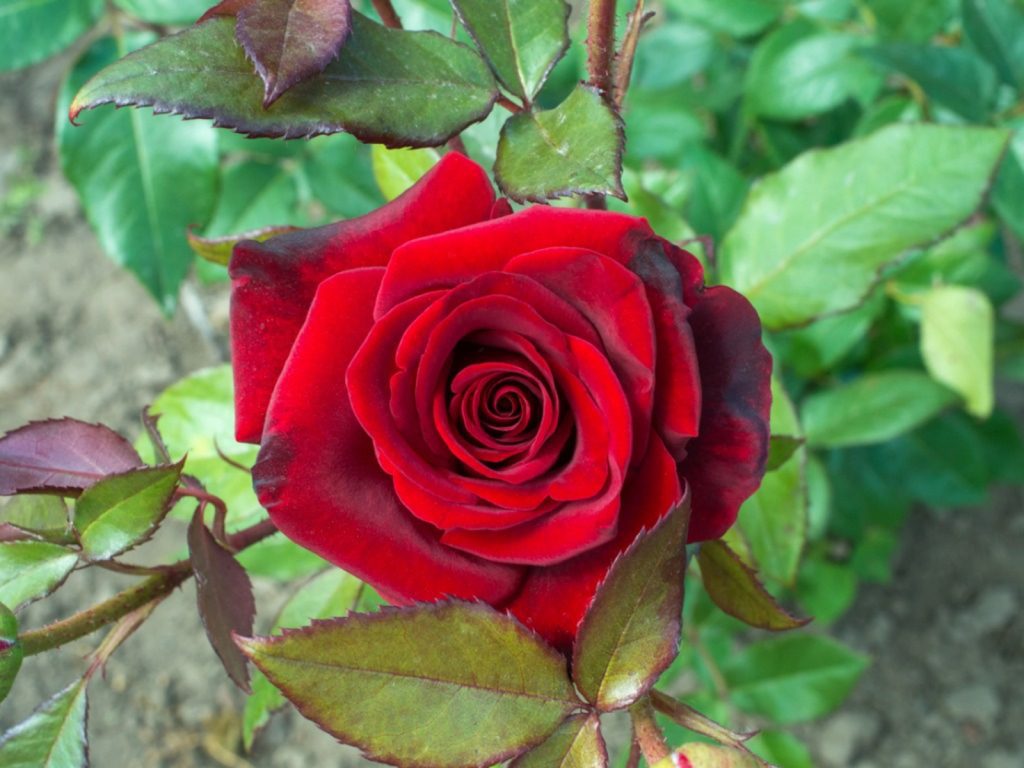
Rose
Rose essential oil also promotes good sleep which helps to reduce stress levels. People who have difficulty sleeping or suffer from insomnia can use rose essential oil as a natural sleep aid. When used in aromatherapy, it is said to help balance the emotions and promote feelings of calmness and peace.
If you are looking for an all-natural way to reduce your stress and anxiety, then consider using rose essential oil. It is a gentle and safe oil that can be used by most people without any problems. You will love the way it makes you feel!
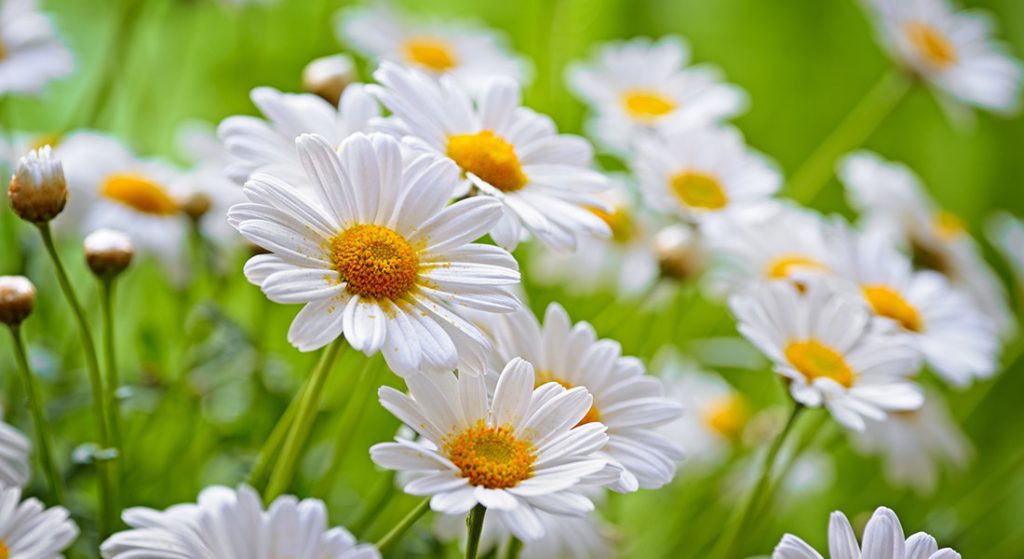
Chamomile essential oil
oil is extracted from the flowers of Roman Chamomile, which grows in many parts of Europe and Asia. This variety has a flower head that consists of single rows or whorls with yellow to greenish-yellow petals. The essential oil produced contains azulene and chamazulene, both chemical constituents responsible for its calming properties.
The scent of Chamomile essential oil is calming yet uplifting and antispasmodic. It has also been demonstrated to reduce stress and anxiety, which can lead to insomnia or other sleep disorders. Furthermore, the anti-inflammatory properties of this plant make it useful for treating skin irritations such as burns, boils, wounds etc.,

Jasmine essential oil
Jasmine is a very popular essential oil and is known for its strong, sweet floral fragrance. It has been used in perfumes since the 18th century and it is traditional to place a drop of jasmine on the pillowcase before going to bed as part of aromatherapy treatment for insomnia.
Jasmine also acts as an antidepressant by stimulating the release of serotonin in the brain. It is a powerful oil that can help to reduce stress and anxiety, calm the mind, and promote relaxation. Jasmine oil can be diffused in an essential oil diffuser or added to a bathtub full of hot water for a relaxing aromatherapy treatment.
If you are feeling stressed or anxious, try adding jasmine essential oil to your skin care routine. It can be used alone or mixed with other oils for a blended massage treatment.
Jasmine is also found in Jasminum grandiflorum oil which is known as the “queen of fragrance”. The flower blooms at night and has an exquisite scent that has been used in aromatherapy for centuries. Jasmine oil is a perfect choice to help reduce stress and anxiety.
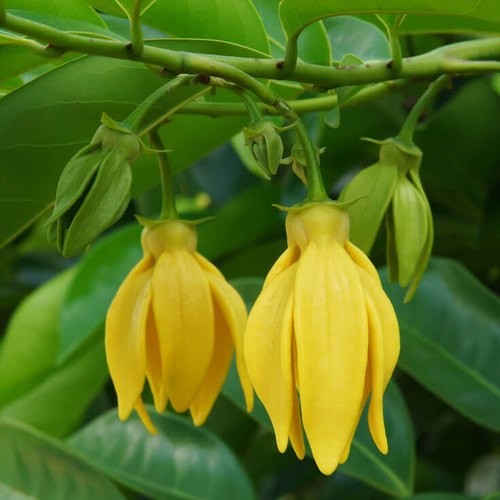
Ylang Ylang essential oil
oil is a natural way to reduce stress and anxiety. It has a calming effect on the mind and body, and can help you feel more relaxed and at ease. Ylang Ylang oil can be used aromatically, topically, or internally to provide relief from tension and stress. It is also known for its antidepressant properties, which can help you achieve a good mood. Ylang Ylang essential oil helps reduce stress and anxiety in many ways! The calming effect of this amazing plant can help ease your mind and body, imbuing you with a sense of peace.
In addition to helping reduce stress and anxiety, Ylang Ylang essential oil is great for achieving mental clarity as well as healthy sleep patterns. Whether it’s taken orally or used aromatically in a diffuser or vaporiser , this sweet-smelling oil can help you feel more centred and balanced.
Ylang Ylang essential oil is also known for its antidepressant properties, which can be helpful in achieving a good mood! Apply this sweet smelling plant to the back of your neck or temples for an instant lift. If you’re feeling down or stressed out, give ylang ylang essential oil a try!
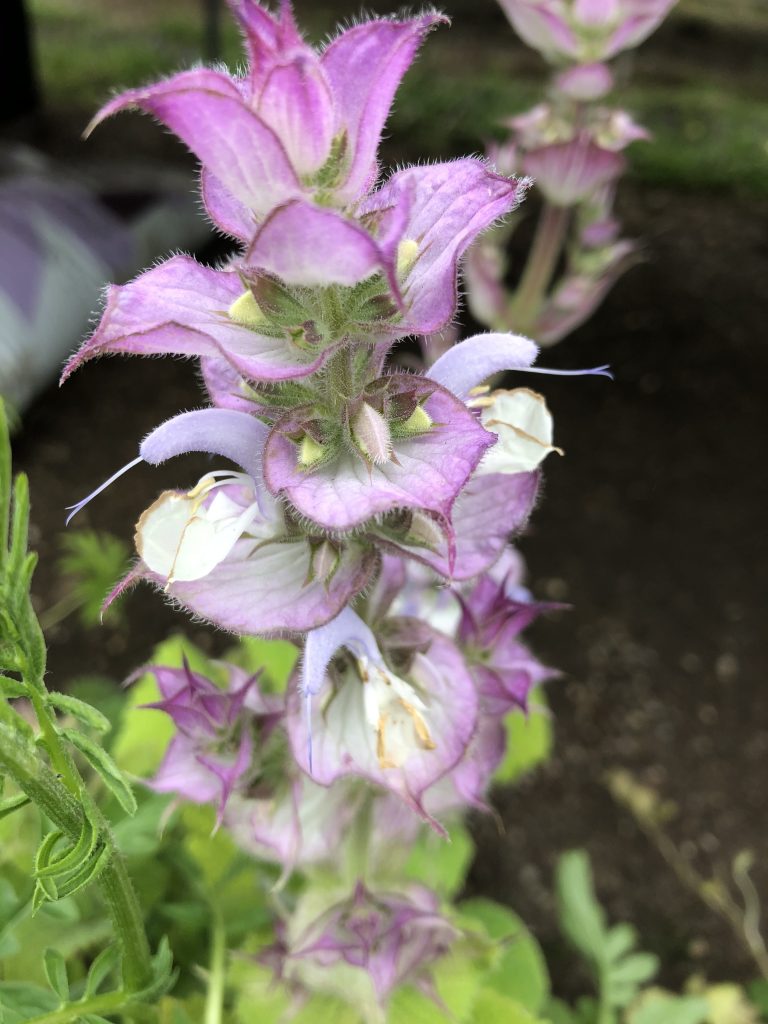
Clary Sage essential oil
oil is one of the most popular essential oils for helping with anxiety. It has a sweet, herbaceous aroma that helps reduce feelings of stress and panic. Clary Sage can be used in massage blends to help relieve sore muscles, as well as applied directly to your wrists or neck. If you are feeling overwhelmed by thoughts or emotions that seem too much, try diffusing Clary Sage and see how you feel.
Clary Sage essential oil is one of the most popular essential oils for helping with anxiety. It has a sweet, herbaceous aroma that helps reduce feelings of stress and panic.
If you are feeling overwhelmed by thoughts or emotions that seem too much, try diffusing Clary Sage and see how you feel.
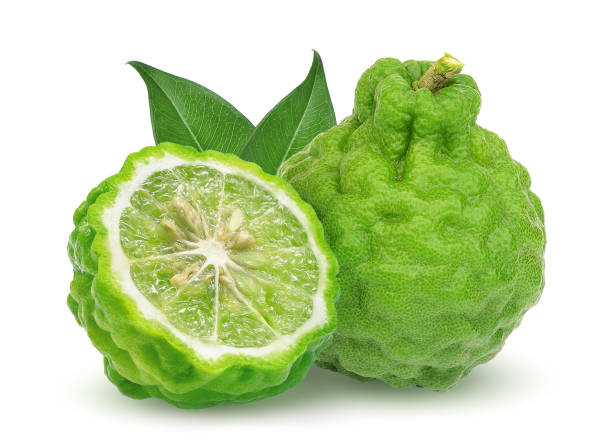
Bergamot essential oil
Bergamot essential oil is also known as Citrus aurantium. This essential oil can help reduce stress and anxiety because it contains limonene, linalool, alpha-pinene, myrcene, beta-caryophylline and geraniol which are all considered to be calming oils. This oil is one the best recipe for stress.
Bergamot essential oil is also a powerful antiseptic and can help cleanse the air. When diffused, it can help to improve moods and create a more positive atmosphere. It is also known to be helpful in reducing pain, inflammation, and fever.
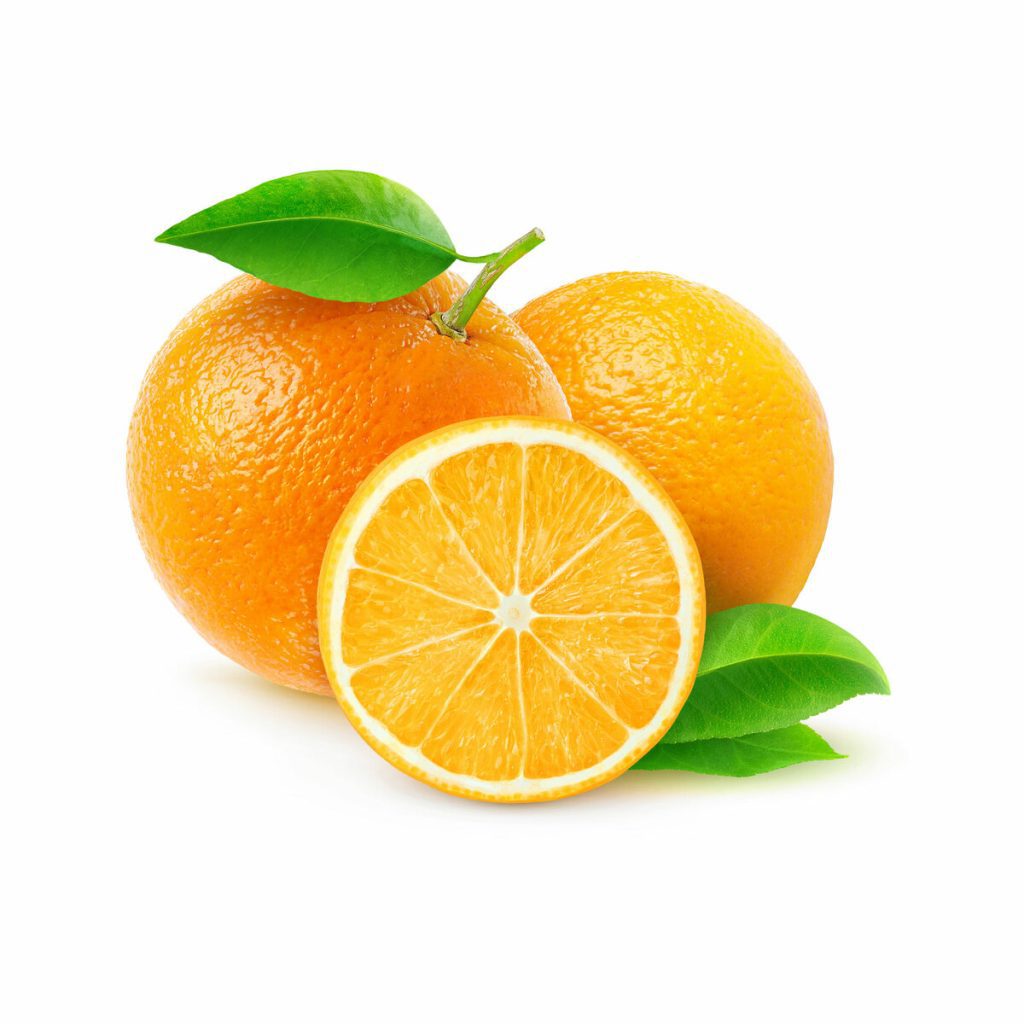
Orange essential oil
Orange essential oil is a great essential oil to have on hand when you are feeling stressed or anxious. It has a sweet, citrusy aroma that is uplifting and refreshing. Orange oil can be diffused in an essential oil diffuser or added to a bathtub full of hot water for a relaxing aromatherapy treatment.
In addition to being soothing and calming, orange essential oil is also known to be antidepressant, antiseptic, and anti-inflammatory. It can help improve moods, cleanse the air, and reduce pain and inflammation.
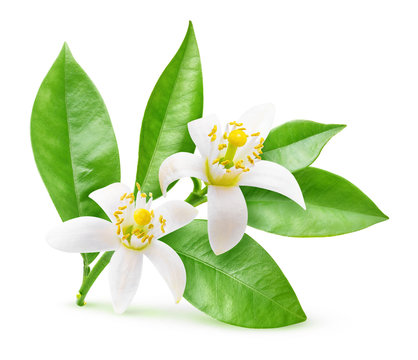
Neroli essential oil
Neroli essential oil, also known as orange blossom, is a sweet and floral essential oil that has been used for centuries to help reduce stress and anxiety. It is especially beneficial for women, and can be helpful in reducing PMS symptoms. Neroli oil is often used in aromatherapy treatments or added to baths.
In addition to its ability to reduce stress and anxiety, Neroli oil is also antidepressant, antiseptic, anti-inflammatory, and sedative. It can help improve moods, cleanse the air, and promote relaxation.
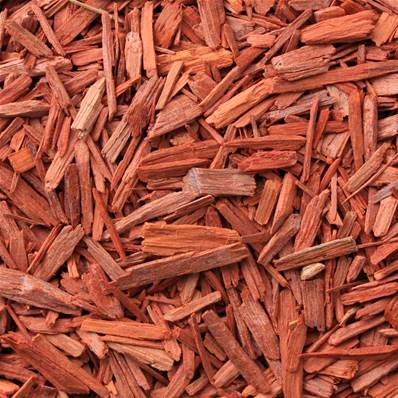
Sandalwood essential oil
Sandalwood essential oil is a woodsy and earthy essential oil that is known for its calming and relaxing properties. It can be diffused in an essential oil diffuser or added to a bathtub full of hot water for a relaxing aromatherapy treatment.
Sandalwood oil is also antidepressant, antiseptic, anti-inflammatory, and sedative. It can help improve moods, cleanse the air, and promote relaxation.
We hope these essential oils recipes for stress will help you find your way to a stress-free lifestyle. As always, we’d love to hear from you and learn what essential oils work best for you! Share with us on Facebook or Twitter using the hashtag #10EssentialOilsForStressFreeLifestyle.
This website does not provide medical advice.
All information provided on this website, and on associated social media networks, including but not limited to texts, images, and numbers are for general information purpose only. It is not intended as medical advice and it does not include all possible precautions, side effects, or interactions that may occur. Neither NaturalLivingOnline.com nor its author/founder take responsibility for how you use this information. Statements contained on NaturalLivingOnline.com have not been evaluated by the FDA. You should conduct thorough research via multiple sources and consult your physician or qualified doctor before using any essential oil or herbal remedy. Information on NaturalLivingOnline.com must not be relied upon for medical, legal, financial or other decisions.

